Headaches are a common ailment that can disrupt our daily lives and leave us searching for relief. While various factors can contribute to headaches, one often overlooked culprit is temporomandibular joint (TMJ) disorder. The TMJ, located on both sides of the jaw, plays a crucial role in jaw movement and bite alignment. When the TMJ becomes dysfunctional, it can lead to various symptoms, including chronic headaches.

Understanding TMJ Disorder
Temporomandibular joint disorder, or TMJ disorder, refers to a group of conditions affecting the jaw joint and the surrounding muscles. It can arise from various causes, such as jaw misalignment, teeth grinding, stress, arthritis, or injury to the jaw. Common TMJ disorder symptoms include jaw pain, clicking or popping sounds when opening the mouth, difficulty chewing, and headaches.
The Link Between TMJ and Headaches
The relationship between TMJ disorder and headaches is multifaceted.
Muscle Tension and Spasms
When the TMJ is misaligned or not functioning properly, it can lead to muscle tension and spasms in the jaw and surrounding areas. These muscles are interconnected with the muscles in the head and neck. The tension and spasm can radiate, causing headaches.
Nerve Irritation
The TMJ is near important nerves, including the trigeminal nerve, which is responsible for sensory information in the face and head. When the TMJ is dysfunctional, it can pressure these nerves, leading to irritation and the onset of headaches. This nerve irritation can also cause referred pain, where the pain is felt in areas away from the actual source of the problem.
Bite Misalignment
TMJ disorder can cause an imbalance in the bite, resulting in uneven pressure distribution during chewing and jaw movement. This imbalance can stress the surrounding muscles and joints, leading to tension headaches. The misalignment can also affect the alignment of the upper and lower jaws. This can create strain on the surrounding structures and trigger headaches.
Bruxism (Teeth Grinding)
Many individuals with TMJ disorder also experience bruxism, which is the unconscious grinding or clenching of the teeth, often during sleep. Bruxism can stress the TMJ significantly, leading to joint inflammation and muscle tension. This heightened muscle activity can extend to the surrounding head and neck muscles, leading to headaches.
Seeking Relief from TMJ-Related Headaches
If you suspect that your headaches may be related to TMJ disorder, it’s essential to consult with a dental professional.
Lifestyle Modifications
Identifying and addressing contributing factors like stress, poor posture, or habits like nail-biting or teeth-grinding can help alleviate TMJ-related headaches. Your dentist may recommend relaxation techniques or stress management strategies to reduce muscle tension and promote jaw joint health.
Bite Adjustment
In cases where the TMJ disorder is due to a misaligned bite, bite adjustment techniques may be employed. This can involve orthodontic treatment, dental restorations, or other procedures to optimize the bite and alleviate strain on the TMJ.
Splints or Oral Appliances
Customized oral appliances, such as splints or mouthguards, can help stabilize the jaw joint and protect the teeth from the effects of bruxism. These appliances can reduce muscle tension and alleviate TMJ-related headaches.

